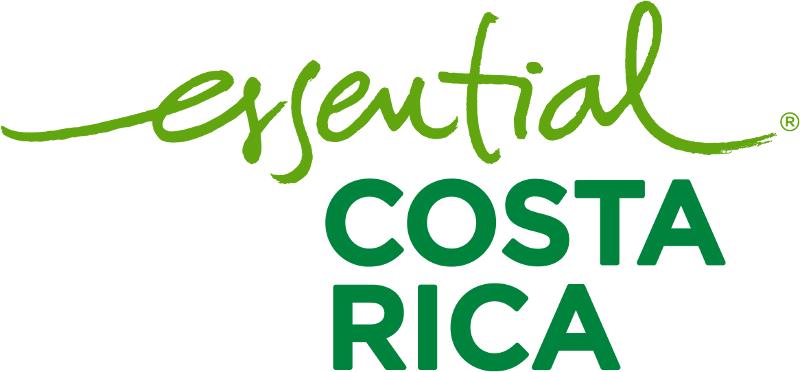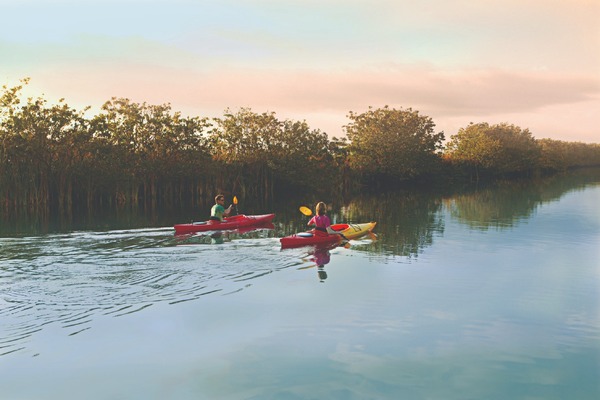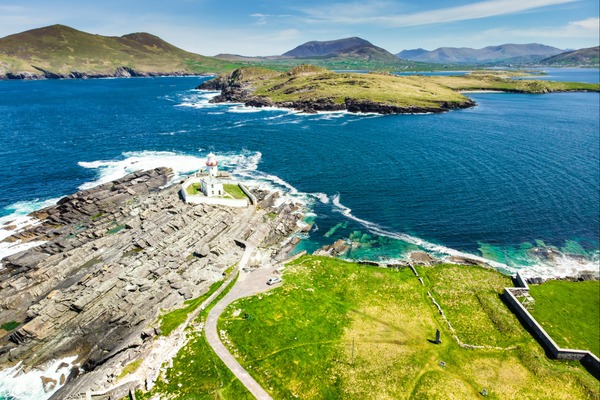Putting a spotlight on sustainability
The Costa Rica Tourism Board and TTG recently brought agents together to discuss how best to encourage and sell sustainable travel
Which destinations spring to mind when you think of sustainable travel? It’s likely Costa Rica is on your list. The country has made sustainability a part of everyday life, pledging to be carbon neutral by 2050, but the challenge within the UK tourism industry continues.
While agents are switching on to the greener ways to travel, not every customer is wise to what makes an ethical animal encounter or a sustainable hotel or resort, how to minimise the carbon footprint of their holidays, or which destinations are making responsible choices.
Costa Rica, for example, by law forbids visitors from taking selfies with wildlife such as monkeys. As part of the Pura Vida Pledge the tourism board promotes companies that have a CST (Certification of Sustainable Tourism) because of their commitment to the conservation of the environment, the improvement of the surrounding communities and the tourist product.
“Costa Rica is home to 6.5% of the world’s biodiversity, so we have a duty to protect the environment,” says Zeeshan Rashid, UK sales and marketing manager for the Costa Rica Tourism Board. “We want to be the leader in sustainability and a role model for other destinations.”
To gauge agent and consumer perception of sustainable travel and understand exactly what’s needed for the tourism industry to progress on its journey towards a greener future, TTG and the Costa Rica Tourism Board hosted a roundtable addressing the biggest challenges surrounding responsible tourism, as well as the possible solutions.
MAKING SUSTAINABILITY A PRIORITY IN TRAVEL
There are multiple factors customers can consider when planning a sustainability-conscious holiday, including use of the FONAFIFFO tool, which allows holidaymakers to Costa Rica to invest in local projects as a way of carbon offsetting; respecting animals and wildlife by leaving no trace; supporting local communities; staying in green accommodation; and reducing single-use plastics.
But are these subjects coming up in conversation, and which are the most common? During the roundtable, agents confirmed they’re having discussions with clients about all of the above, mainly with more adventurous customers, but unethical animal attractions and plastics are the hottest topics.
“Animal welfare is high on the agenda, and clients often ask about responsible elephant experiences,” said one agent, while another commented “single-use plastics have crept back in during the pandemic, so we need to tackle that again”.
Rashid highlighted turtle nesting experiences in Costa Rica as a good example of responsible wildlife encounters, explaining all participants have to wear dark clothing, avoid using lighting, stay silent and be guided by a local expert. He also stated the country’s imminent single-use-plastic-free status is possible thanks to its tap water being safe to drink, eliminating the need for plastic bottles.
All attendees agreed agents have an important role to play in encouraging conversations surrounding sustainable travel and that the industry can do more.
OVERCOMING THE CHALLENGES
Agents were in agreement more support is needed when it comes to defining sustainable travel, as well as a wider breadth of sustainable tourism product and more information on destinations’ and suppliers’ sustainable practices. Costa Rica, for example, has top tips and visitor advice on its Pura Vida University travel agent website.
Cost was also cited as a challenge. “Sustainable travel choices are often the more expensive choices,” said one agent, adding this isn’t helping them sell more of these types of holidays, although another contested “just because a client has a more modest budget, it doesn’t mean they can’t have a sustainable experience”.
Some agents said it was a good idea to give customers the choice between a sustainability-focused holiday package, which might be slightly more expensive, and a lower-cost holiday package, while others disagreed, explaining it’s better to only give them one, sustainable choice.
The group concluded some customers will always go for the cheaper option, while others will happily spend a little extra to protect our planet and its inhabitants.
Another challenge flagged during the discussion was that “travel agents can’t change a destination”. Costa Rica is leaps and bounds ahead when it comes to implementing pro-sustainability changes in both tourism and local life, but other nations need to catch up and adopt a similar zero-tolerance policy on unethical and unsustainable practices.
One agent suggested the tourism industry could benefit from a certification scheme giving destinations and travel companies a “stamp of approval” to help front-line sellers identify the sustainable choice. Until such a scheme exists, it was recommended agents do what they can to educate themselves on the topic.
It’s true making travel truly sustainable is going to take time and as an industry we need to accept this, but in the meantime, as one agent said, “we just have to do what we can”.
Keen to share your thoughts on sustainable travel in Costa Rica? Email costarica@fourcommunications.com
FURTHER INFORMATION
Training: puravidauniversity.co.uk
Website: visitcostarica.com
Facebook: Visit Costa Rica UK
Instagram: visit_costaricauk



















